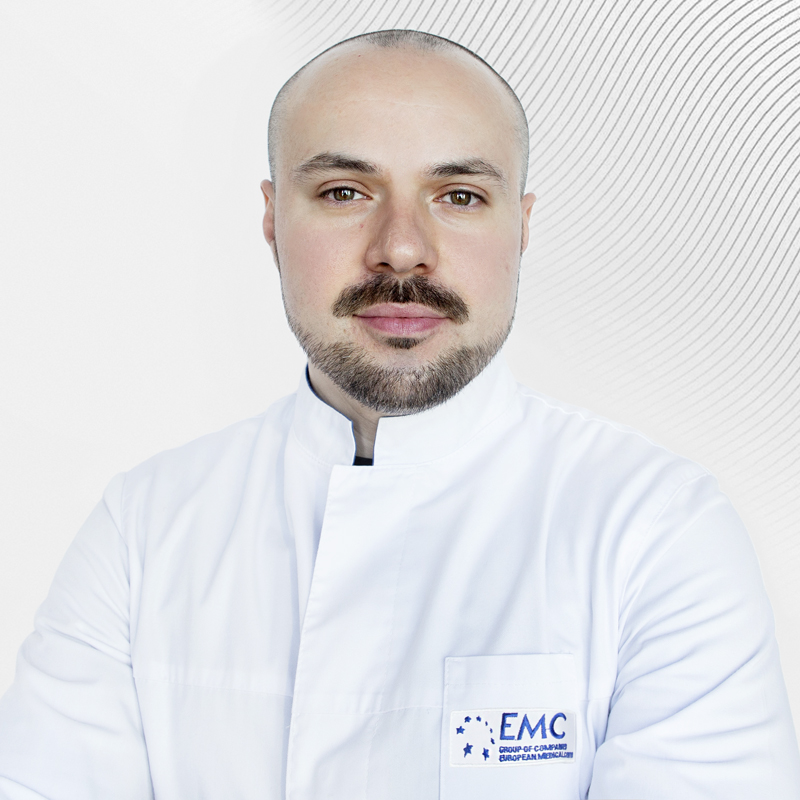Reflexology
Reflexotherapy is a treatment method based on the effect on biologically active points of the body.
We use different types of reflexology: both traditional methods of Chinese medicine and modern approaches to acupuncture, which include the "dry needle" method.
Traditional Chinese medicine includes several main areas:
- meridian acupuncture,
- warming up with wormwood cigars (moxa therapy),
- tui na acupressure,
- Chi gong joint and breathing exercises.
The dry needle method is a modern approach to acupuncture that has been used in the USA and European countries for more than 15 years. It has become widely used in sports medicine for the treatment of myofascial pain syndromes and the treatment of trigger points. The dry needle method involves inserting a single, thin, relatively long needle or several needles into a trigger point (tension point). This technique uses a single needle, so when it is inserted, there is no tissue rupture, the muscle fibers are gently pushed apart by the needle, when they enter the center of the spasm, the muscle fibers relax and the tension goes away.
Reflexotherapy can be used as an independent treatment method, or in combination with other physical and medical methods, which increases the effectiveness of treatment. Reflexotherapy and the dry needle method are used in the treatment of the following diseases and syndromes in the EMC Rehabilitation Department:
- pain in the cervical, thoracic, lumbar, coccygeal spine
- headaches
- facial pain
- myofascial pain
- peripheral nerve mononeuropathies with impaired motor function and/or impaired sensitivity
- partial damage to peripheral nerves after trauma and surgery (damage can be effectively treated for up to 6 months, maximum 1 year)
- tunnel syndromes (conservative treatment)
- temporomandibular joint dysfunction
- to enhance immunity and rehabilitative treatment of patients after surgery, severe viral infections, bronchitis and pneumonia
- pain syndromes in patients with various concomitant chronic diseases
- pain syndromes associated with psychosomatic disorders, depression and increased anxiety
- in the complex treatment of therapeutic patients (pulmonology, gastroenterology, dermatology, endocrinology, gynecology, urology, etc.)
Doctors
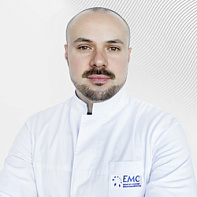
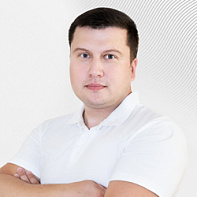
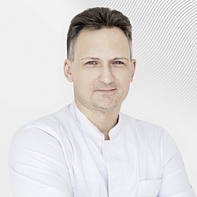
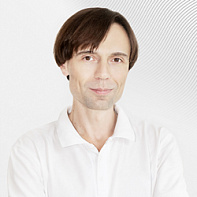
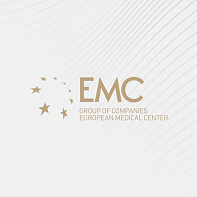
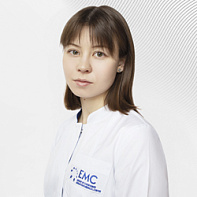
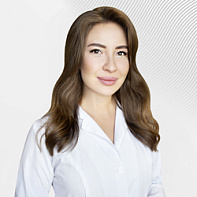
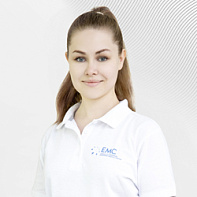
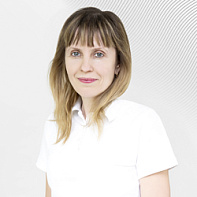
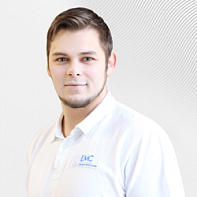
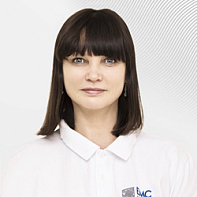
.jpg)
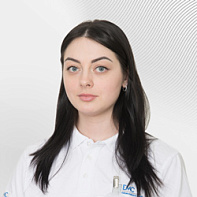
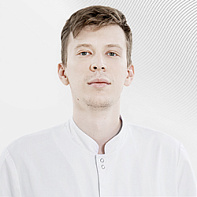
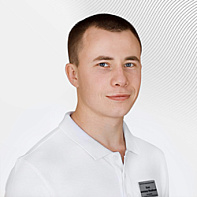
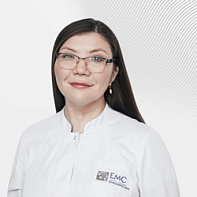
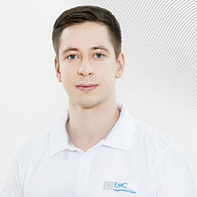
.jpg)
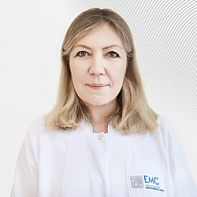
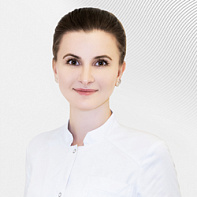
- Completed professional retraining in Peoples' Friendship University of Russia at the Department of Physiotherapy, specialty "Physical Therapy Instructor"
- Professional development courses and internships are held annually.
